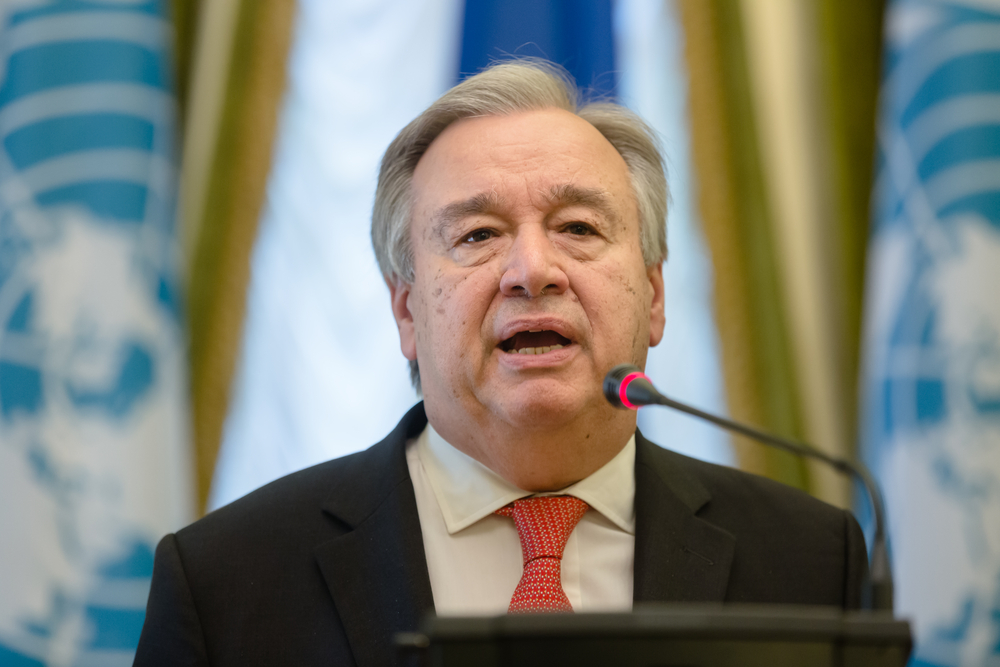News
UN chief says some warring groups heed call for cease fires

He pointed to communist guerrillas in the Philippines announcing a cease-fire from Thursday to April 15 in response to his appeal, and said he was encouraged to see a truce in Libya between the warring parties “holding with difficulties.” (Shutterstock photo)
TANZANIA, Tanzania — U.N. Secretary-General Antonio Guterres on Wednesday welcomed calls by some groups for immediate cease-fires in their conflicts because of the coronavirus, saying he sees “a clear conscience emerging” that it is time to concentrate on the war against the pandemic.
He pointed to communist guerrillas in the Philippines announcing a cease-fire from Thursday to April 15 in response to his appeal, and said he was encouraged to see a truce in Libya between the warring parties “holding with difficulties.”
U.N. spokesman Stephane Dujarric also noted the humanitarian truce called for by the Kurdish-led Syrian Democratic Forces in the country’s northeast to deal with the virus. It was allied with the United States in the fight against Islamic State extremists.
Guterres said at a humanitarian briefing that the Palestinian Authority and Israel have also been able to work together on the virus, though “we know the extreme division that exists politically between the two.”
He said U.N. envoys around the world are talking to warring parties about cease-fires and he expressed hope that “it will be possible in Yemen and Syria to make serious progress” to end fighting and tackle the coronavirus.
Dujarric, the U.N. spokesman, said Guterres welcomes the Communist Party of the Philippines’ order to its New People’s Army guerrillas to stop attacks and shift to a defensive position. Guterres encourages the parties to find a lasting political solution and end the conflict that has continued in the countryside for more than half a century, he said.
“The secretary-general also hopes that this will serve as an example across the world to silence the guns and come together as we face the global threat of COVID-19,” Dujarric said.
Guterres issued the appeal for immediate cease-fires Monday, saying that “the fury of the virus illustrates the folly of war.”
The Syrian conflict has entered its 10th year, the conflict in Yemen is in its fifth year and Libya’s rival governments have been fighting for nearly a year. Africa also faces unrest from Somalia and South Sudan to Congo. The conflict in eastern Ukraine is nearly six years old, and Colombia has still not made peace with the smaller of the armed groups it had been fighting.
Extremist groups like the Islamic State and al-Qaida and their affiliates are also actively engaging in attacks in southeast Asia, Syria, Somalia, Nigeria, Mali, Burkina Faso and many other countries around the world





















